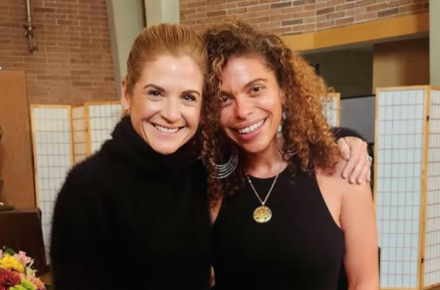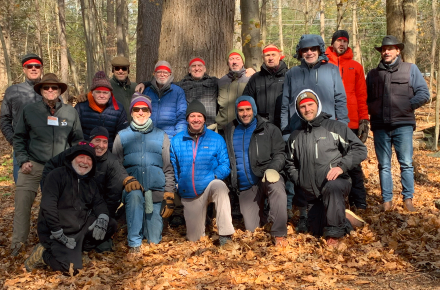Repairing Your Emotional Compass After Childhood Neglect

Life is awash in choices, large and small. And we can’t rely on our logical faculties alone to make the right ones.
Ideally, our decisions are informed by how we feel. “Emotions are essentially important messages from our bodies,” says licensed psychologist Jonice Webb. “When valued and used in the way they are meant to be, our emotions guide, energize, motivate, and connect us. They tell us what we want, what we need, and what we should avoid.”
But some of us don’t have an emotional compass—or it may not work particularly well. Jonice says that adults who didn’t get the “emotion training course” they needed as children can lack the self-knowledge required to make choices that will bring them joy and fulfillment.
What she’s describing is Childhood Emotional Neglect (CEN), which happens when parents fail to respond adequately to their children’s emotions. “Childhood Emotional Neglect delivers a powerful message to children that their feelings are irrelevant, a bother, or burdensome,” says Jonice, noting that people can suffer from CEN mildly or experience it as a defining force in their lives. “To cope with the requirements at home, these children must push their feelings away and try hard not to have them, essentially walling them off. Going forward into adult life, they lack access to their most valuable force from within: their feelings.”
Jonice says that CEN happens in families where the parents are depressed, addicted, self-focused, or struggling, but it can also occur in loving homes where parents are trying their best. “Because it’s a failure to respond,” she notes, “it can be very subtle and invisible.”
In order to heal from CEN and develop the ability to rely on emotions as a guidepost, it’s necessary to begin paying attention to them, which means feeling them—even the negative ones. “It’s very common to try to avoid or escape negative or painful feelings,” Jonice explains, “but this is a strategy that doesn’t work. Pushing away painful feelings may feel like a reprieve, but it’s very temporary and only gives them more power. The only way to hear the messages and experience the benefits of any of our emotions is to allow ourselves to feel them.”
When we do, then it’s time to put them into words and express them to others, according to Jonice. “As we get better at these skills, we can start using [our feelings] to understand other people’s feelings, too,” she says. “Many CEN folks feel like they are there for other people, but when they need someone, they feel alone. Healing your CEN allows you to put your full self into your relationships, emotions and all. This makes your relationships with partners, friends, and family deeper, stronger, and more resilient.”
Another benefit of becoming more in touch with and expressive about our own emotions is that we prevent Childhood Emotional Neglect from being passed down. “If left unchecked, CEN automatically transfers to your children,” Jonice says. “When you minimize and ignore your own emotions, you will undoubtedly do the same with your children’s feelings. It’s not your fault, since we cannot give our children what we do not have ourselves. Healing your CEN changes your parenting and your relationship with your kids, no matter how old they are.”
Ultimately, though, it’s our relationship with ourselves that transforms most of all when we become more intimate with the language of our heart.
“It’s hard to like and love someone you don’t know,” Jonice says. “The process of feeling and honoring your own emotions is the process of learning what makes you happy and what you want and need. As you learn who you are, you begin to realize that you can trust yourself.”
Find out about programs with Jonice Webb at Kripalu.
© Kripalu Center for Yoga & Health. All rights reserved. To request permission to reprint, please email editor@kripalu.org.


















































